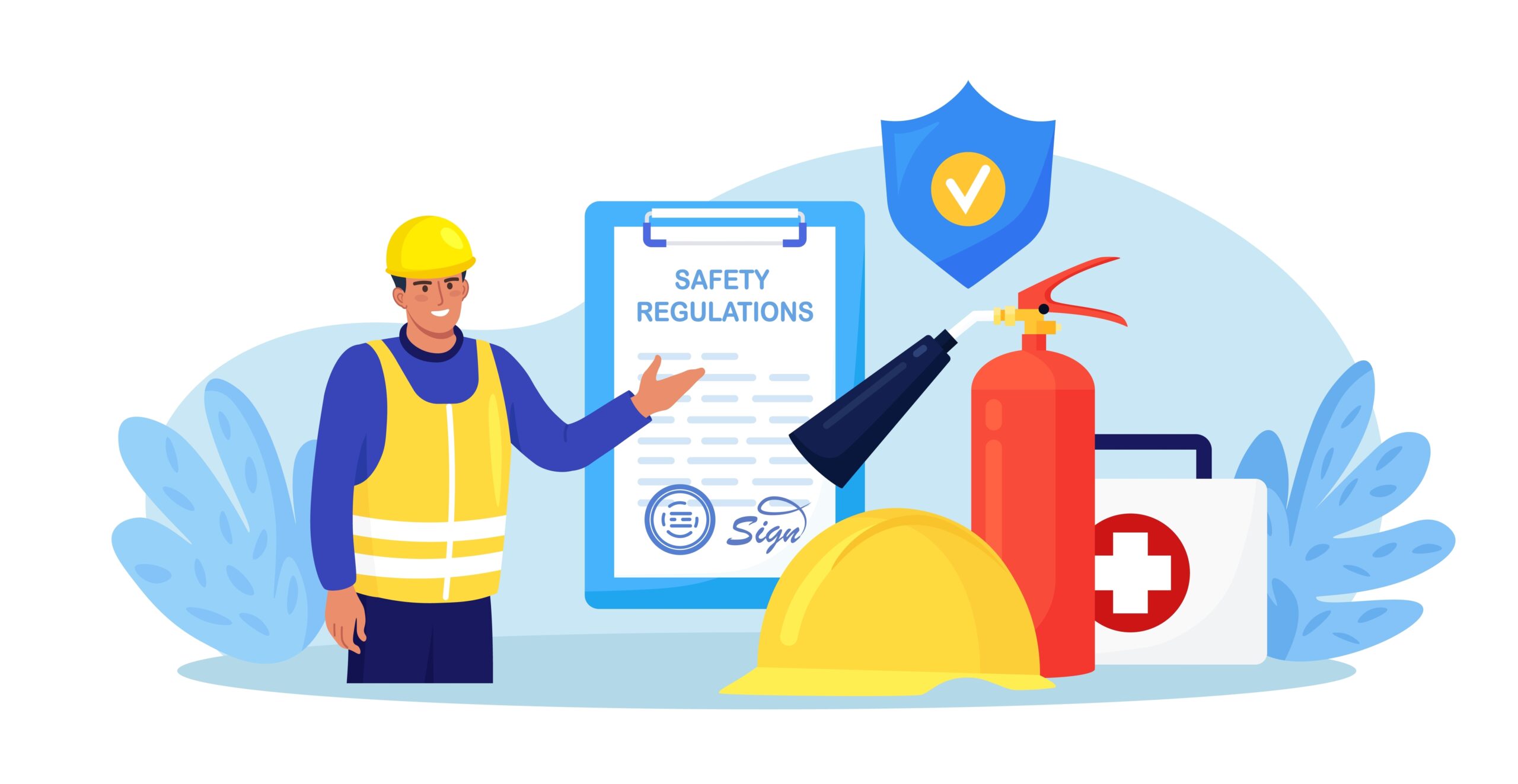Accommodating Service Animals in the Workplace is Easier Than You Think
Posted on October 19, 2018

These animals play a crucial role in helping many workers stay productive and engaged. But many employers don’t always know the best way to address employees who need service animals.
What policies are needed? How will the animal “fit in” at the office?
Fortunately, answering these questions doesn’t need to be difficult.
Here are 3 things to consider about service animals in the workplace:
1. Service animals fall under the ADA’s “reasonable accommodation” standard.
The Americans With Disabilities Act (ADA) requires employers to provide “reasonable accommodations” for employees’ disabilities. But it provides some leeway to determine what is “reasonable” given the employer’s situation. Speaking to the employee can help you better understand what the service animal does and how it is handled, which can provide insight into a solution that works for everyone.
2. A written plan can help dispel potential conflicts.
Wherever a service animal is allowed in the workplace, the animal’s handler is responsible for the animal’s good behavior and overall health. A written plan that clearly lays out this responsibility, as well as any tasks the employer will undertake (such as finding a workspace that can accommodate both the worker and the animal), can help both sides understand how the service animal will fit into the daily routine.
3. Don’t forget to speak to the rest of the staff.
Service animals can be a source of “conflicting access needs.” For example, one staff member needs their service animal but another has a phobia of the animal or an allergy. Find these potential sticking points by speaking to staff early, so arrangements can be made to meet any conflicting needs.
In addition, remind staff the service animal is not a pet. It is there to do a job for the staff member it serves. If the animal is distracted by petting or treats, it may miss a signal – and harm to its handler may result. Let staff know it is important to treat the animal as a worker, not as a pet.
How TERRA Can Help
Are you looking to expand your staff? At TERRA Staffing, our recruiters help clients cultivate a candidate pool and build a culture that ensures they’ll have the right people when they’re needed. Contact us today to learn more about our services in Phoenix, Portland and Seattle.
Categories: Diversity & Inclusion, HR Compliance & Labor Laws
Tags: How to Accommodate Service Animals, Policies for Service Animals in the Workplace, Service Animals at Work





